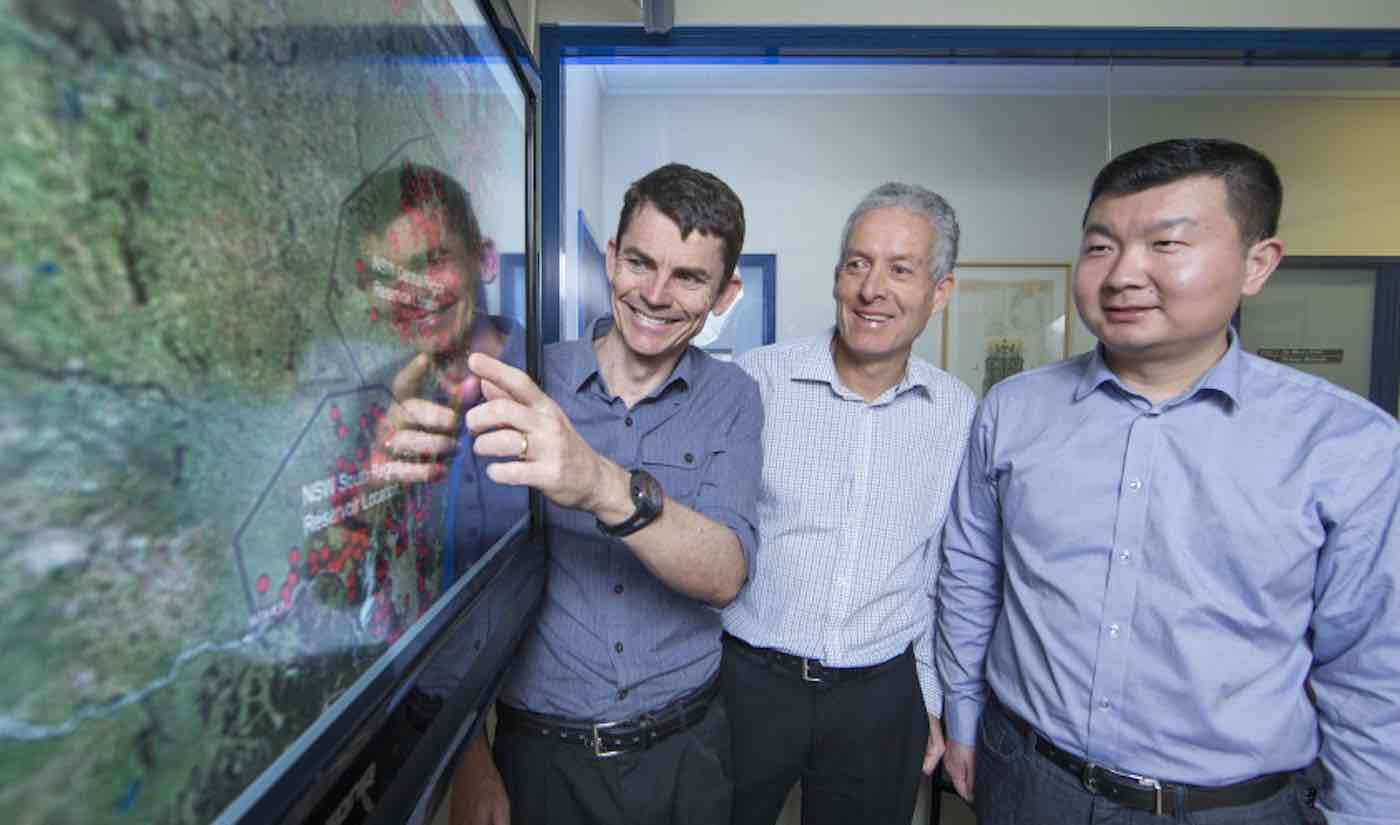These Floating Trashcans Are Being Deployed Around the World So They Can Suck Up Tons of Ocean Trash
These floating rubbish bins are already sucking up ocean pollution in dozens of marinas and ocean ports around the world.

An exciting new piece of research claims that Australia is installing renewable energy faster than any other country – and on top of that, the government recently announced they are taking even more steps to reduce their national carbon footprint by planting one billion trees by 2050.
The research, which was conducted by The Australian National University (ANU), found that Australia is installing renewable power per person each year faster than any other country, which is putting it on track to meet its entire Paris Agreement emissions reduction targets 5 years early.
If the nation continues at its current pace, it is likely to be powered by 100% renewable power sources by 2032.
Lead researcher Professor Andrew Blakers said Australia was installing renewable power per capita several times faster than the European Union, Japan, China and the United States, based on preliminary data available for installations globally last year.
"The installation of renewables in Australia last year really ramped up compared to these other major economies, and we expect that trend to continue this year and beyond," said Professor Blakers. "The electricity sector is on track to deliver Australia's entire Paris emissions reduction targets five years early, in 2025 – without the need for any creative accounting.
"Australia is on track to reach 50 per cent renewable electricity in 2024 and 100 per cent by 2032. The Australian renewable energy experience offers real hope for rapid global emissions reductions to preserve a living planet," he added.
Co-researcher Dr Matthew Stocks said the net cost of achieving the 2030 carbon emission targets set in the Paris Agreement would be zero because expensive fossil fuels were being replaced by cheaper renewables.
"The price of electricity from large-scale solar PV and windfarms in Australia is currently about $50 per Megawatt-hour (MWh), and steadily falling," Dr Stocks said. "This is below the cost of electricity from existing gas-fired power stations and is also below the cost of new-build gas and coal power stations. Nearly all of the new power stations are either PV or wind. We anticipate that this will continue into the future, provided that energy policy is not actively hindering development."
Meanwhile, the Australian government just announced the launch of a new Regional Forestry Hubs plan to plant one billion trees by 2050.
The initiative is expected to remove over 18 million tons of greenhouse gas per year and create over 1.25 million new jobs over the course of the next five years alone.
"This plan ambitiously aims to deliver a billion new trees to meet a projected quadrupling of global demand for timber products by 2050, planting the right trees, at the right scale in the right places," said Prime Minister Scott Morrison. "The end result will be better returns to business, more investment, more jobs and greater economic prosperity for Australia."
Plant Some Positivity By Sharing The Green News With Your Friends On Social Media – Photo by Australian National University
Be the first to comment